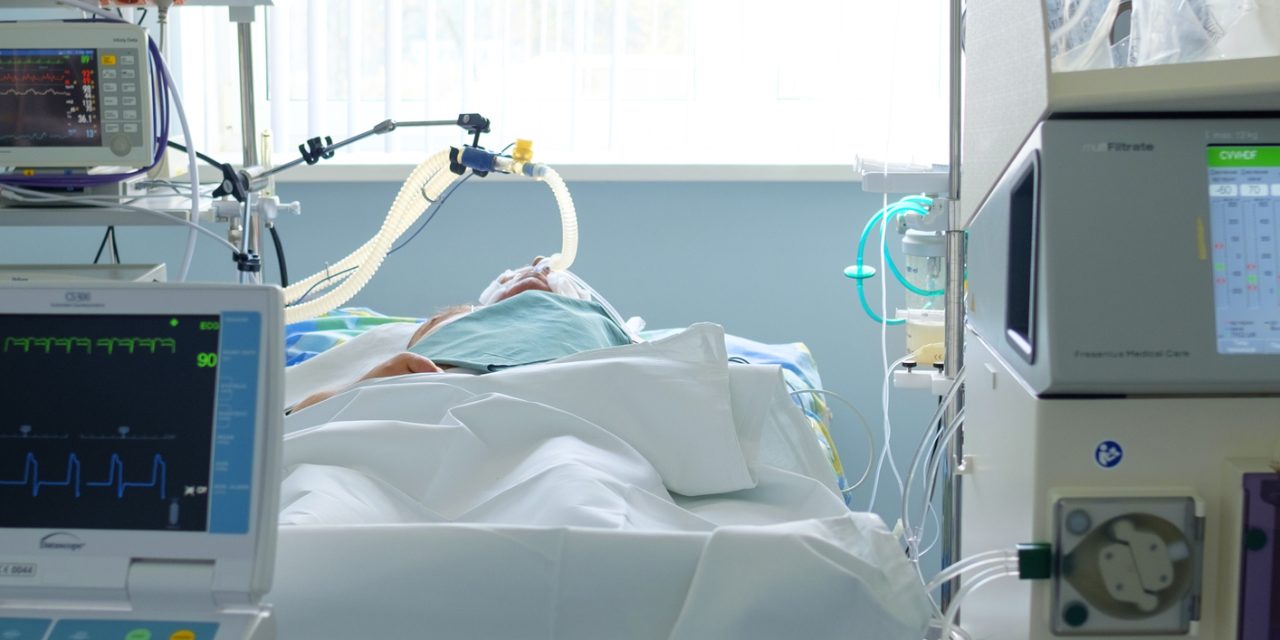After the first case of coronavirus disease-2019 (COVID-19) was reported in China in December 2019, it caused a global pandemic, including Turkey.
The aim of this study is to analyze the characteristics of hospitalized COVID-19 patients and assess the parameters related with severe pneumonia.
Included in the study were hospitalized COVID-19 patients with positive naso-oropharyngeal swabs. Patients’ demographics, admission symptoms, laboratory and radiological findings were recorded retrospectively.
Of 1013 patients, 583 were male (57.6%) and 430 were female (42.4%), with a mean age of 53.7±17.9. More than half of the patients had at least one comorbidities, the most common of which were hypertension and diabetes mellitus. Cough (59.8%), fatigue (49.5%) and fever (41.2%) were the most common presenting symptoms. Of the hospitalized COVID-19 patients, 84.9% had pneumonia, and 83.5% had typical radiological COVID-19 appearances (94.5%: ground glass areas). The most common laboratory findings were high C-reactive protein (CRP) (73.6%) and lactate dehydrogenase (LDH) (46.2%) levels, as well as lymphopenia (30.1%). Severe pneumonia was present in 28.1% of COVID-19 patients. Multivariate logistic regression analysis indicated that advanced age, hypotension, anemia, and elevated CRP and LDH serum levels were independent risk factors for the severity of COVID-19 pneumonia (p=0.011, 0.006, 0.017, 0.003 and 0.001, respectively).
The present study,as one of the first multicenter studies about characteristics of COVID-19 in Turkey, may guide about disease-related parameters and severity of pneumonia. Age, blood pressure, complete blood count and routine biochemical tests (including CRP and LDH) would appear to be important parameters for the evaluation of the severity of COVID-19 pneumonia.
This article is protected by copyright. All rights reserved.
Characteristics of Hospitalized COVID-19 Patients and Parameters Associated with Severe Pneumonia.


